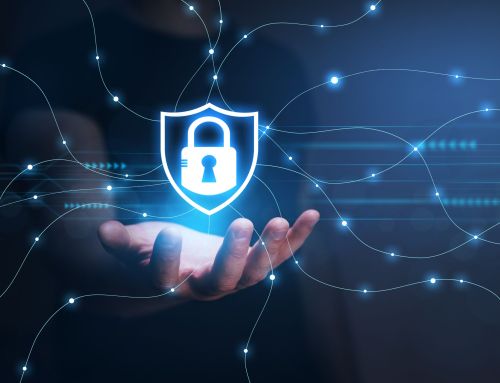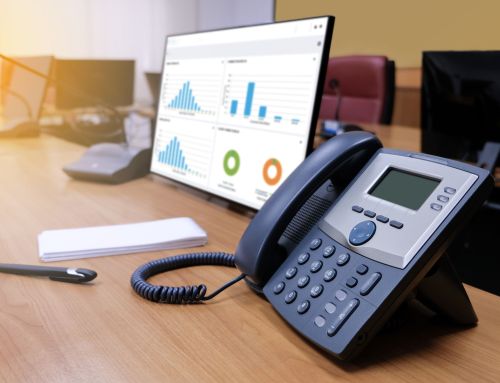What Not to Use as a 2021 Password
Passwords. Something that all computer users need on a regular basis.
Yet those very necessary little lines of characters can also get us into trouble if they’re not strong enough to keep out hackers.
Researchers at NordPass, a password management service provider, analyzed 275,699,516 passwords that were leaked during data breaches last year. They found that the most common passwords are incredibly easy to guess, with no hacking software even needed in order to gain access to your accounts.
The most common password, with 2.5 million users, is 123456.
While that’s the most common password on this list, there are several other number sequences that made the top 10. Those sequences are 123456789, with 961,425 users; 12345678, with 322,187 users; 111111, with 230,507 users; 123123, with 189,327 users; 12345 with 171,724 users; and finally, 1234657890, with 171,724.
The number of users that have these passwords only represent the victims of data leaks, so those that actually use these passwords on a daily basis is something much higher.
The researchers at NordPass also found an additional alarming fact: only 44% of the 275,699,516 passwords that were leaked are considered to be “unique” passwords.
That means that over 154 million passwords were commonly used passwords, making them much easier to crack.
In fact, most of the passwords at the top of the most commonly used passwords list take only seconds to decipher.
Even basic word and word combinations such as “iloveyou”, “football”, “pokemon”, “password”, and “letmein” are not strong enough to give adequate protection against cybercriminals.
While stronger passwords may be more difficult to remember, there are different programs that will store your password so that you can easily log into the site on your next visit.
If you’re concerned about keeping your passwords stored on your device in case your device is stolen, consider purchasing a Yubikey in order to help prevent thieves from being able to access your system.
Read more about our take on Yubikey here: https://rhynonetworks.com/using-yubikey-for-2fa-security/
When creating a stronger password, remember to include punctuation, special characters, and a mix of upper and lower case letters. The longer the password, the better.
Remember to avoid using patterns in your password such as “123123” and avoid using names or birthdates.
Read more about password guidelines here: https://rhynonetworks.com/are-you-following-the-new-password-guidelines/
As always, if we can be of help with your network or computer, give us a call here at RHYNO Networks. (855) 749-6648






